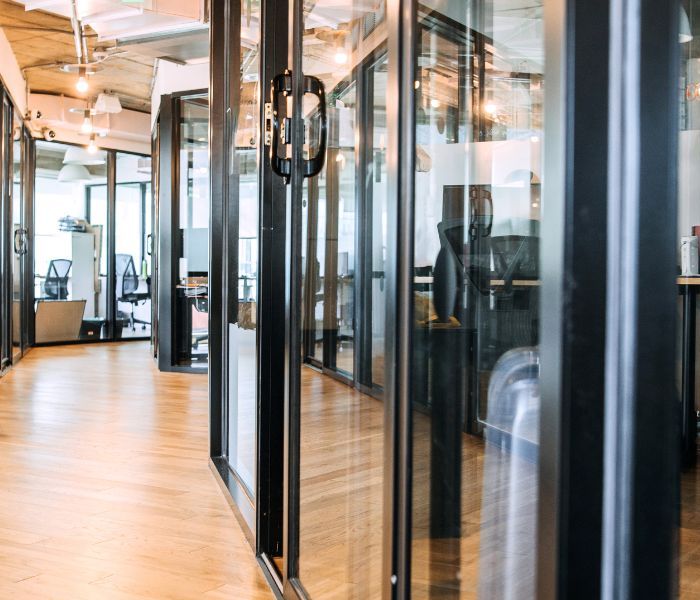Optimizing Your Office Space for the 21st Century Workforce
As the world becomes increasingly digitized, the workplace must adapt to accommodate the needs of a new generation of workers. Millennials grew up with ready access to computers at their fingertips, and so it should come as no surprise that digital workflows are becoming increasingly popular. More and more employees are working remotely, and contingent workers—including agency temps and independent contractors—comprise up to 40% of the U.S. workforce. This is a clear indication that, for many, flexibility is no longer a perk but an expectation.
Though it comes with great benefits for companies and employees alike, the shift to a more flexible work environment is not without its challenges. As the workplace evolves, it is becoming more complicated for organizations to forecast their real estate needs and manage the relationship between people and space.
The Changing Nature of the Workplace
With the rise of a more “blended” workforce—which could be any combination of full-time employees, part-time workers, temporary workers, contractors or freelancers—the main question is figuring out how and where work will get done. There are many opportunities and benefits that come with office hoteling and having a mobile workforce. You are able to choose from a wider pool of applicants, searching nationally or globally for those who possess the skills needed to fit specialized roles. Relying partially on a mobile workforce also allows you to scale down on permanent office space, as fewer and fewer employees need a desk of their own on-site.
However, it is not always practical or preferable for businesses to conduct all of their work remotely. Sometimes office space is needed for collaborative projects or face-to-face interactions. In fact, according to a survey of 760 business executives conducted by Forbes Insights found that 84% of respondents prefer in-person meetings. Reasons given for favoring face-to-face meetings and conferences include:
- Building stronger, more meaningful business relationships (85%)
- More social interaction and bonding with co-workers/clients (75%)
- More complex strategic thinking (49%) and timely decision making (44%)
- Less opportunity for unnecessary distraction (40%)
In a study co-authored by Gregory Northcraft, a professor of executive leadership at the University of Illinois who specializes in workplace collaboration, groups collaborated on complicated projects through e-mail, videoconferencing, or face-to-face interactions.
Those who met face-to-face demonstrated the most trust and effective cooperation. Unsurprisingly, those collaborating by e-mail tended to shirk their responsibilities. For this reason, Northcraft recommends that organizations make sure employees can regularly meet up to “recharge” their relationships in order to make the team as productive as possible.
Hoteling Can Help You Meet the Needs of a Diverse Workforce
The contemporary conception of what defines an “office” is extremely fluid. For some it means a desk in shared commercial space; for others it could be the coffee shop, their couch at home, or basically anywhere with access to the internet. When you have a blended workforce, it is critical to strike a balance between providing physical workspace to those who need it, and lowering unnecessary real estate costs.
Office hoteling has been on the rise since the late 1990s as part of a wider alternative officing trend and can be an excellent way to unload some of the financial burden of maintaining an office—while still providing your employees the benefits of a place to meet, collaborate, and conduct essential business operations. Using office hoteling software, employees can reserve conference rooms, huddle spaces, or presentation tools such as projectors on an as-needed basis to relieve the organization of maintaining a permanent workspace for every person on the payroll. This is an ideal solution for companies that have a large percentage of their workforce traveling or working remotely, as it helps lower real estate costs tremendously.
Looking Forward, Flexibility is Key
Businesses must continue adapting their traditional office spaces if they wish to attract up-and-coming millennials, who will account for 75% of the workforce by 2025. Demand for work schedule flexibility is sure to continue as this generation makes up the majority of the workforce, and society becomes more fully digitized and globalized.
It is important for organizations to have a workspace that is as flexible as their workforce in order to stay apace with the increasingly complex balancing act between the physical and digital worlds. Office hoteling software can help you manage the transition to a flexible office system by making it simple for employees to reserve workspace and giving you the ability to track usage in order to forecast your future space requirements.











